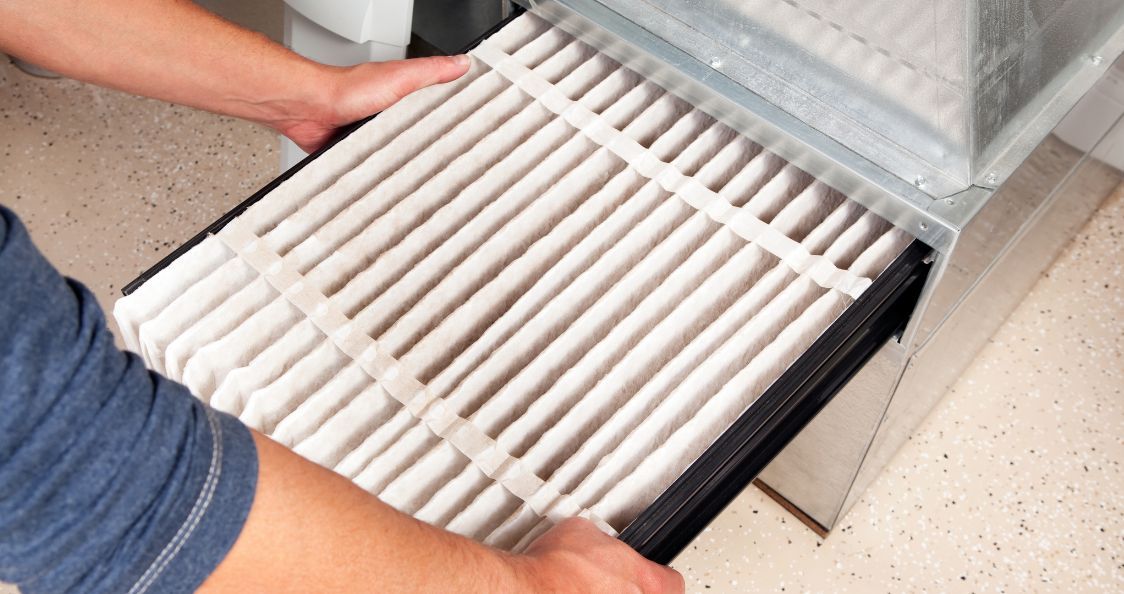
Do You Need To Change The Air Filter On Your Furnace?
TL;DR: Yes, you need to change the air filter on your furnace regularly to ensure efficient operation, maintain air quality, and prevent potential damage. The frequency of change depends on factors like filter type, household size, pet ownership, and allergy considerations, typically ranging from every 30 days for basic filters to every 6 months for more advanced options.
Maintaining the comfort and quality of your indoor air starts with understanding a small but mighty force in your home: the furnace air filter. This vital component of your furnace system doesn’t just influence the system’s overall performance—it’s the first defense against dust, allergens, and all manners of unseen air pollutants that can deteriorate the quality of the air you breathe and increase your family’s exposure to irritants.
But the question, “Do You Need To Change The Air Filter On Your Furnace?” might spark a train of through that takes you to the inner workings of your HVAC setup and the burden of maintenance tasks. However, the importance of maintaining your HVAC and Furnace can not be overstated.
In this blog, we’ll navigate the signposts to clear, pollutant-free air and optimal furnace running, breaking down the paramount subject of changing your air filter. Why is it crucial? When does it become imperative? And how often should you do it? Discover the simple steps to enhance your living environment and support your health, while also managing your energy expenses through the routine replacement of your furnace air filter.
The Purpose of Air Filters in Furnaces
A furnace air filter is a critical component of any forced air heating system, designed to clean the air that circulates through the furnace and into the living spaces of a home. Positioned at the point where air enters the furnace, this filter’s primary function is to trap and remove airborne particles, such as dust, pollen, pet dander, mold spores, bacteria, and other allergens, before they can be distributed throughout the house. This not only helps to improve indoor air quality, making the environment healthier and more comfortable for residents, but also protects the furnace itself.
By preventing dust and other debris from entering the furnace and its components, the air filter plays a vital role in maintaining the efficiency and longevity of the heating system. A clean filter ensures that the furnace can operate smoothly, without the extra strain caused by restricted airflow due to clogging. This efficiency translates into better heating performance, lower energy consumption, and reduced wear and tear on the furnace, ultimately saving money on energy bills and potential repair costs.
Furnace air filters come in various sizes and types, ranging from disposable fiberglass filters, which offer basic protection, to pleated media filters, electrostatic filters, and HEPA filters, which provide higher levels of filtration. The choice of filter depends on specific needs, such as the desired level of air quality, any allergy concerns, and the recommendations of the furnace manufacturer. Regularly replacing or cleaning the furnace air filter according to the manufacturer’s guidelines is essential for ensuring effective filtration and maintaining the overall health of the furnace system.
Signs It’s Time to Change Your Furnace Air Filter
Recognizing when to change your furnace air filter is crucial for keeping your heating system running efficiently and maintaining good indoor air quality. Here are several key signs that indicate it’s time to replace your filter:
- Increased Energy Bills: A sudden spike in your energy bills could be a sign that your furnace is working harder than usual due to a clogged air filter, resulting in higher energy consumption.
- Visible Dirt and Clogging: If the filter appears dirty and clogged with dust, pet hair, and other debris upon inspection, it’s time for a replacement.
- Reduced Heating Efficiency: If your home doesn’t seem to be heating up to your desired temperature or if it’s taking longer than usual, a dirty air filter restricting airflow could be the culprit.
- Unusual Furnace Noises: Clogs in the air filter can cause your furnace to strain and produce unusual noises as it tries to circulate air through the blocked filter.
- Increase in Dust and Allergens: Noticing more dust around your home or worsening allergy symptoms can indicate that your air filter is no longer effectively trapping particles.
- Furnace Short-Cycling: When the furnace turns on and off more frequently than normal, it may be due to poor airflow caused by a dirty filter.
By staying vigilant and replacing your furnace air filter when needed, you can enjoy a warmer, healthier home and avoid potential furnace issues down the line.
How Often Should You Change Your Furnace Air Filter?
Determining the optimal frequency for changing your furnace air filter is crucial for maintaining both the efficiency of your furnace and the air quality within your home. While standard disposable fiberglass filters should generally be replaced every 30 to 90 days, the specific timeline can vary significantly based on several factors.
For instance, homes with pets, larger families, or residents with allergies may find that their filters need to be changed more frequently to cope with the increased demand. Pleated filters, known for their longer lifespan, typically require replacement every 3 to 6 months.
However, this schedule can be adjusted based on the household’s particular needs, such as the presence of pets, the number of occupants, and sensitivity to allergens. Additionally, during seasons of heavy furnace use, it’s advisable to inspect the filter monthly, replacing it as necessary to prevent any loss in efficiency and to maintain a healthy indoor environment. High-efficiency filters, including HEPA filters, while more durable and capable of trapping a larger number of particles, still necessitate regular checks and replacements to ensure they perform effectively.
By taking into account your living conditions and the specific requirements of your household, you can create a tailored filter replacement schedule that ensures your furnace operates smoothly and keeps your indoor air clean and safe.
How to Change Your Furnace Air Filter
Swapping out the air filter in your furnace is an easy yet impactful maintenance task that not only enhances the efficiency of your heating system but also improves your home’s air quality. Below is a simplified guide to help you replace your furnace air filter yourself:
- Turn Off the Furnace: For safety, ensure the furnace is off before you start. This prevents the system from activating while you’re working on it.
- Locate the Filter Compartment: The air filter is typically found in the furnace’s return air duct, or sometimes, in a slot on the furnace itself. The location can vary depending on your furnace model, so refer to your owner’s manual if necessary.
- Remove the Old Filter: Slide the old filter out carefully. Pay attention to the arrows on the frame of the filter, which indicate the correct airflow direction. This is important to note for installing the new filter correctly.
- Insert the New Filter: Take your new filter and slide it into place, ensuring the arrows align with the airflow direction (towards the furnace). The correct orientation is crucial for the filter to function properly.
- Dispose of the Old Filter: Place the old filter in a garbage bag to minimize the spread of dust and allergens.
Turn the Furnace Back On: Once the new filter is securely in place, you can turn your furnace back on.
While changing the air filter is a task some homeowners can manage, it’s also essential to recognize the value of professional furnace maintenance. A professional HVAC technician can perform comprehensive routine inspections and maintenance, ensuring that your furnace operates at peak efficiency and longevity. These inspections can help identify potential issues before they become major problems, saving you money and ensuring your home remains comfortable during the cold months. Hiring a professional for these routine checks can complement your regular filter changes, providing an extra layer of assurance that your heating system is in top condition.
Professional Furnace Services Near You
Maintaining your furnace through regular air filter changes is a straightforward yet crucial task that significantly impacts your heating system’s efficiency, longevity, and the indoor air quality of your home. By following the simple steps outlined for replacing your furnace air filter, you can ensure that your heating system operates smoothly, keeps energy costs down, and provides a healthier living environment for you and your family.
If you’re in the Sacramento area and looking to ensure your furnace and entire HVAC system are in peak condition, Clarke & Rush is your go-to professional service provider that specializes in comprehensive HVAC inspections, routine maintenance, emergency repairs, and more!
By choosing Clarke & Rush, you’re not just getting routine service; you’re investing in the longevity and reliability of your home’s comfort systems. You can count on our team to keep your furnace running smoothly, your air quality pristine, and your energy costs low, all with the professional care and expertise your home deserves.
Frequently Asked Questions About Furnaces
What are the signs that my furnace air filter needs changing?
Key signs include increased energy bills (indicating reduced efficiency), visible dirt and clogging on the filter, reduced heating performance, unusual noises from the furnace, and an increase in dust and allergens in your home.
What happens if I don’t change my furnace air filter?
Neglecting to change the air filter can lead to several problems, including reduced furnace efficiency, higher operating costs, potential furnace damage or failure, and poor indoor air quality, which can affect health.
How do I choose the right air filter for my furnace?
Consider factors like filter efficiency ratings (MERV, HEPA), whether you have pets or allergies, and the size of your living space. Higher efficiency filters capture more particles but may reduce airflow, so balance your air quality needs with your furnace’s capabilities. If you’re attempting to DIY, always ensure the filter fits your furnace model.
Other Blogs You May Be Interested In
Categories
- About Clarke & Rush (1)
- AC Replacement (8)
- AC unit Maintenance (10)
- Boilers (1)
- Commercial HVAC (3)
- Commercial Plumbing (2)
- Furnace (3)
- Furnace Maintenance (2)
- Furnace Repair (4)
- Green Homes (3)
- Gutter Repair (1)
- Gutter Replacement (5)
- Heat Pump (1)
- Home Energy Tips (2)
- Home Improvement (6)
- HVAC (17)
- HVAC Replacement (7)
- Insulation (2)
- Kitchen Plumbing (1)
- Plumbing (2)
- Plumbing Problems (8)
- Reducing Energy Costs (6)
- Repiping Services (3)
- Residential HVAC (45)
- Residential Insulation (4)
- Residential Plumbing (33)
- Residential Windows (6)
- Sewer Line (2)
- Uncategorized (10)
- Water Heaters (4)
- Water Line Repair (1)
- Water Treatment (1)
- Window Installation (8)
- Window Instllation (1)
- Window Replacement (7)
- Windows (8)


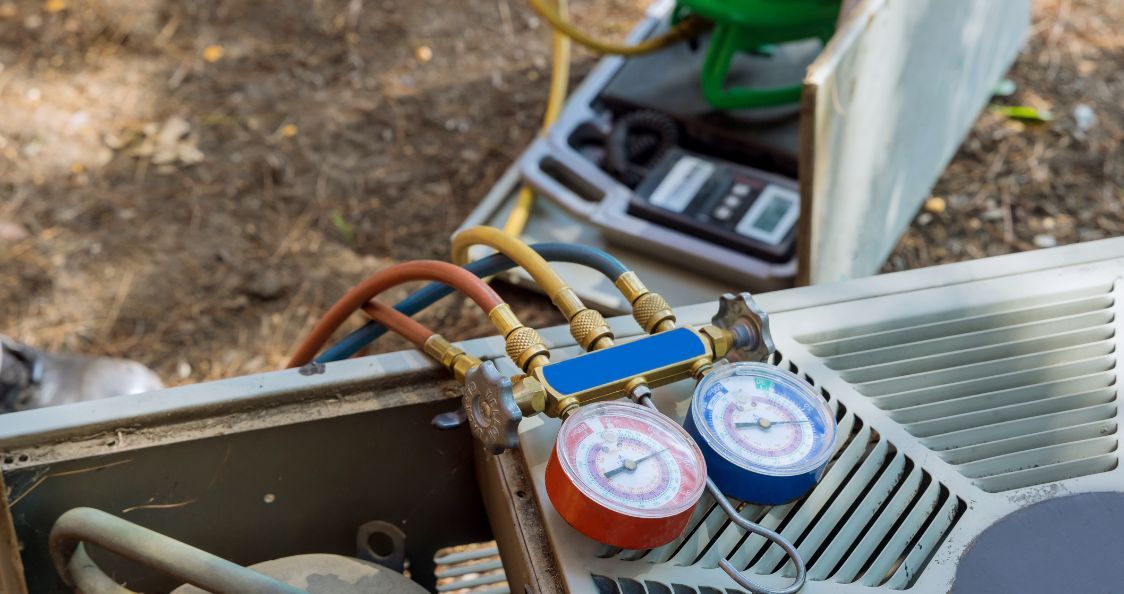
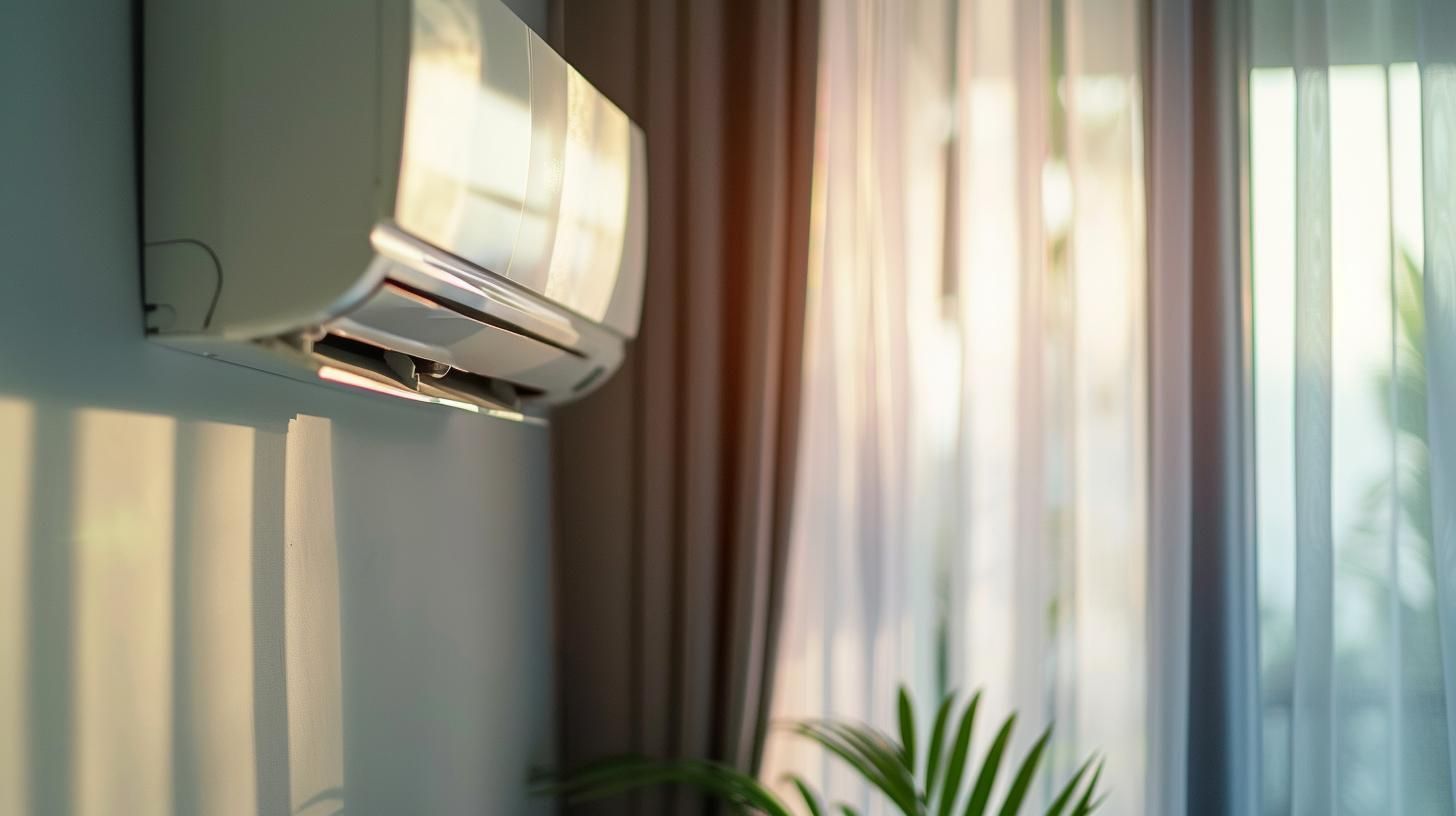

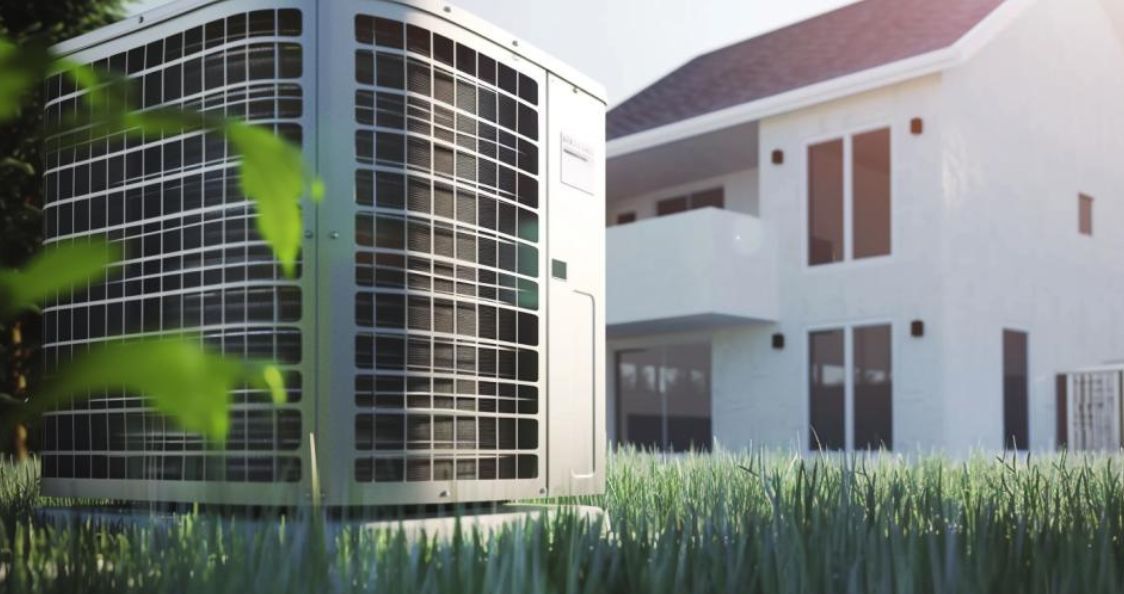
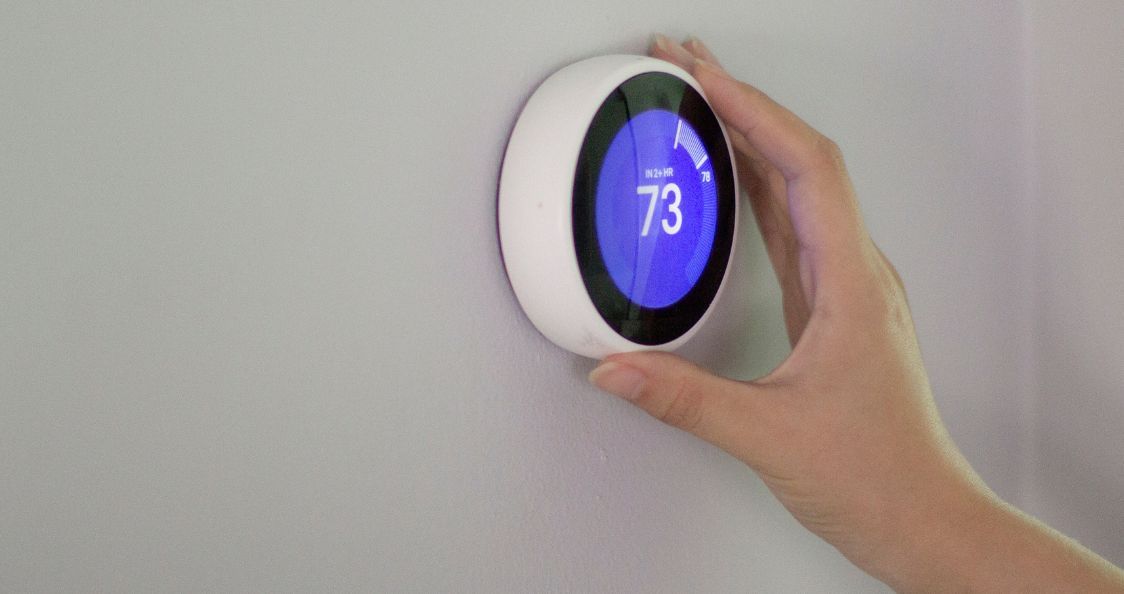
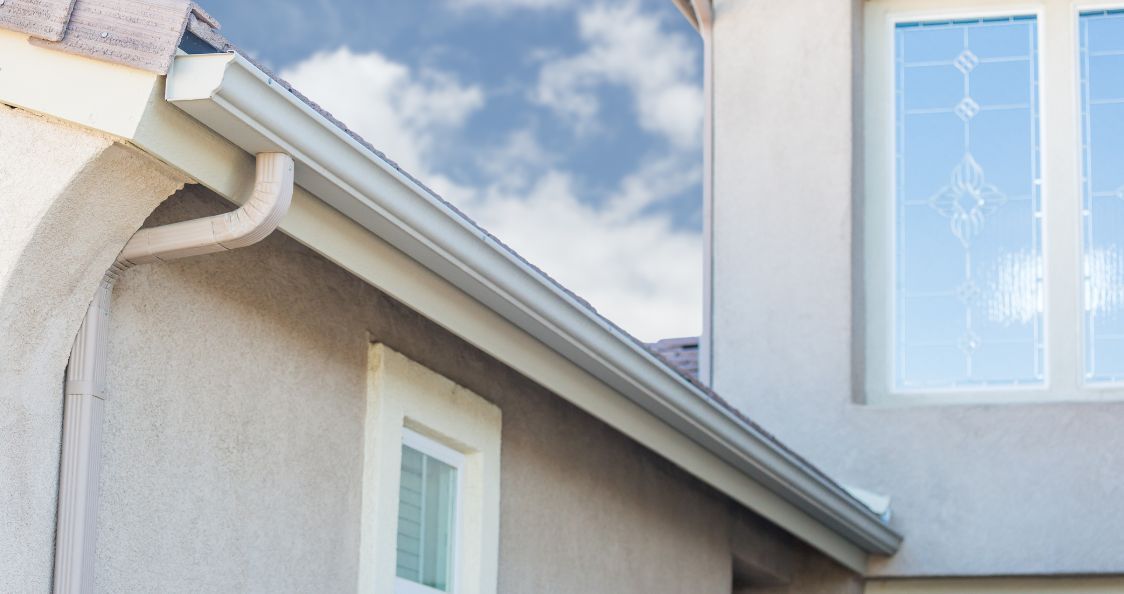
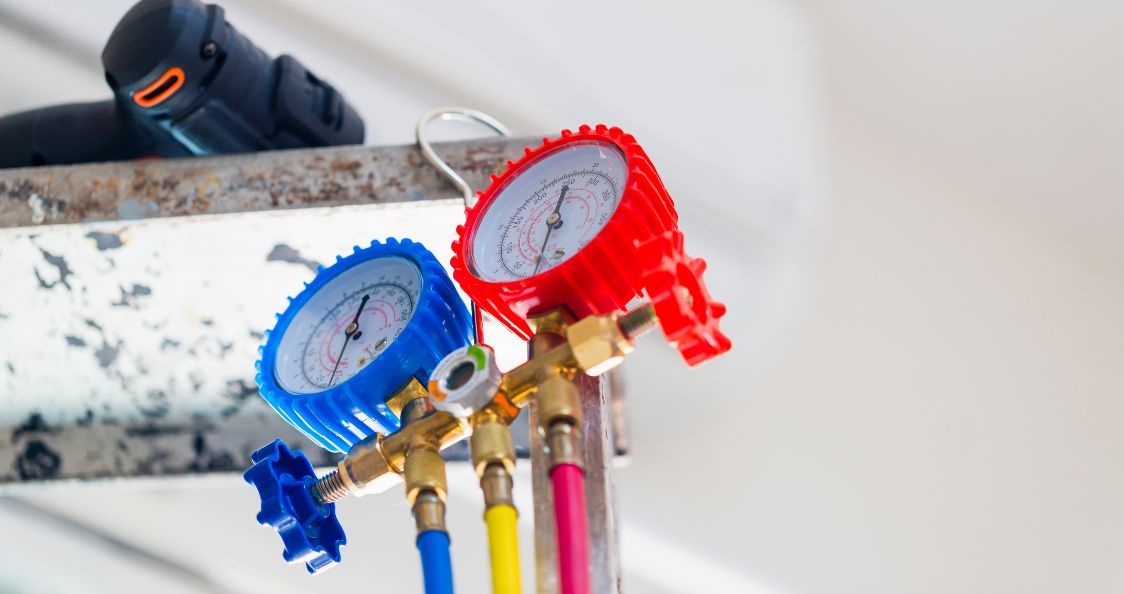
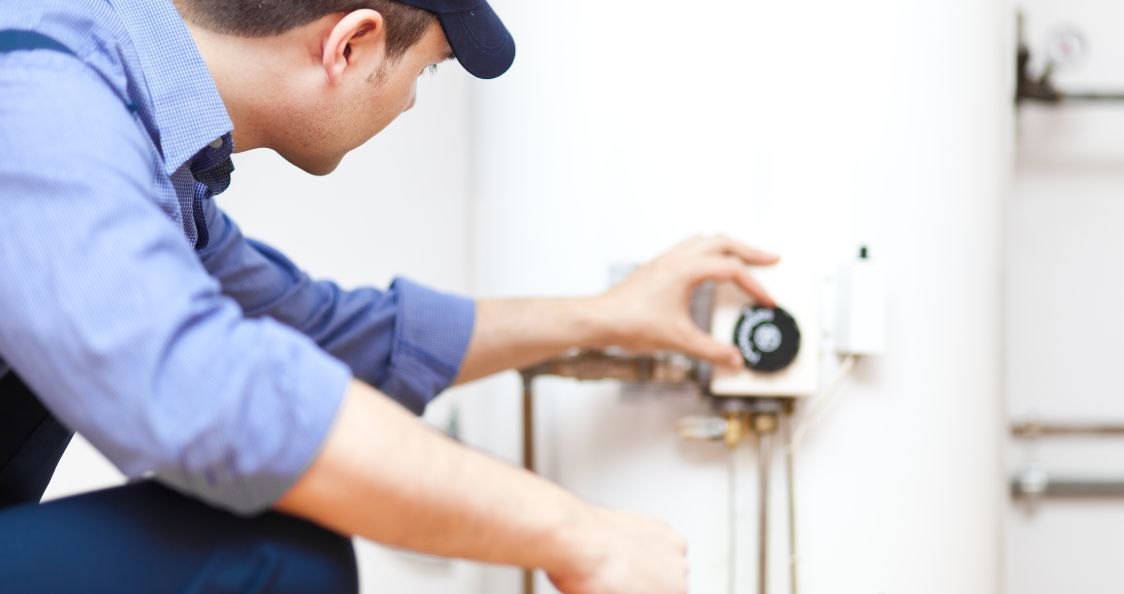
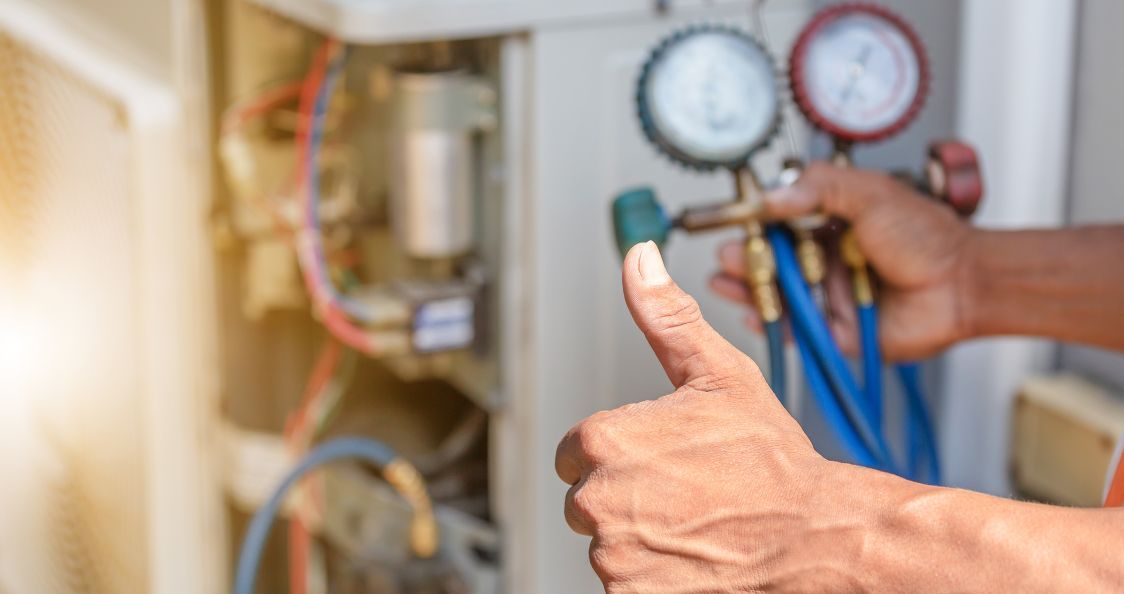

Leave a Reply